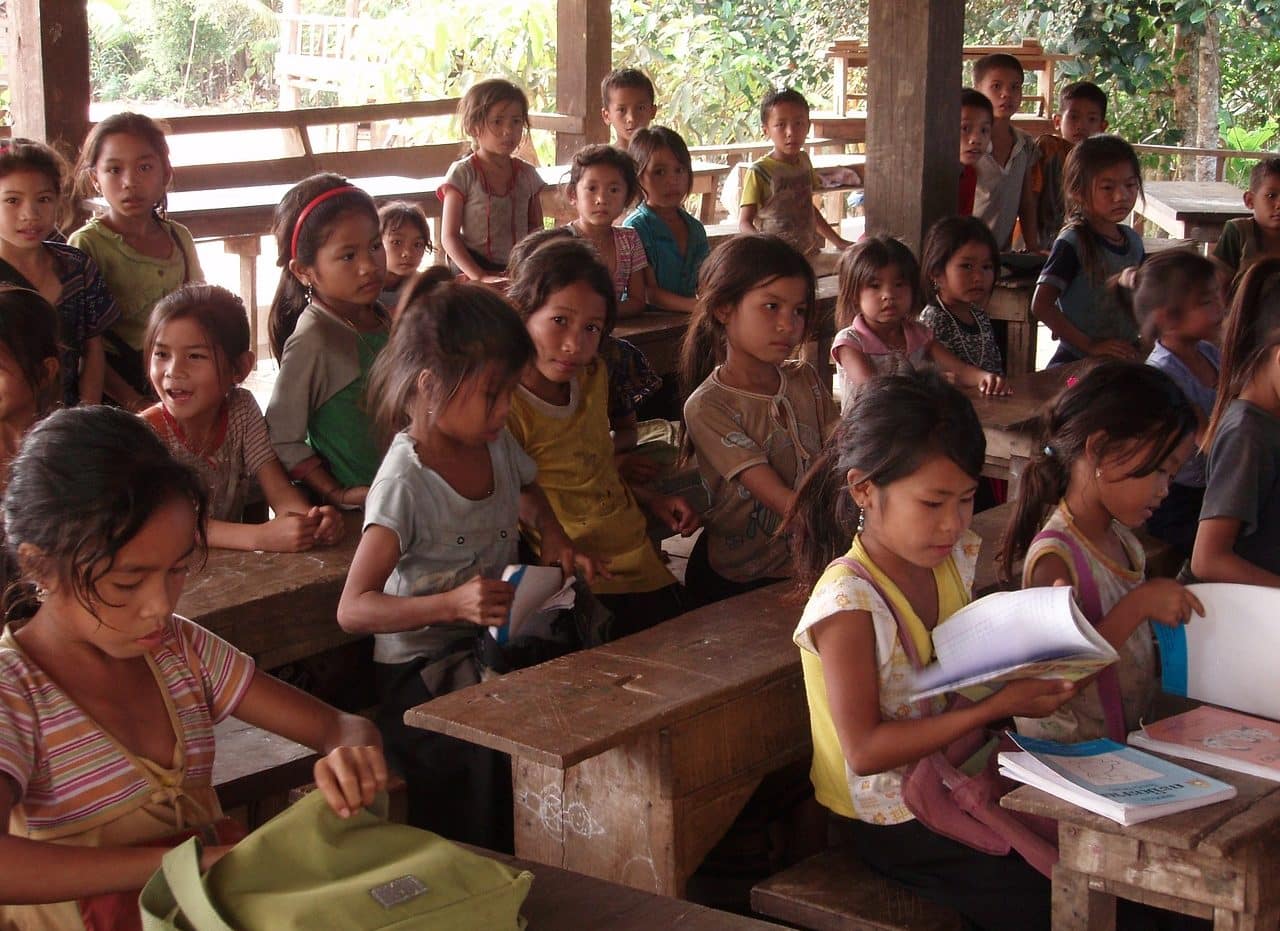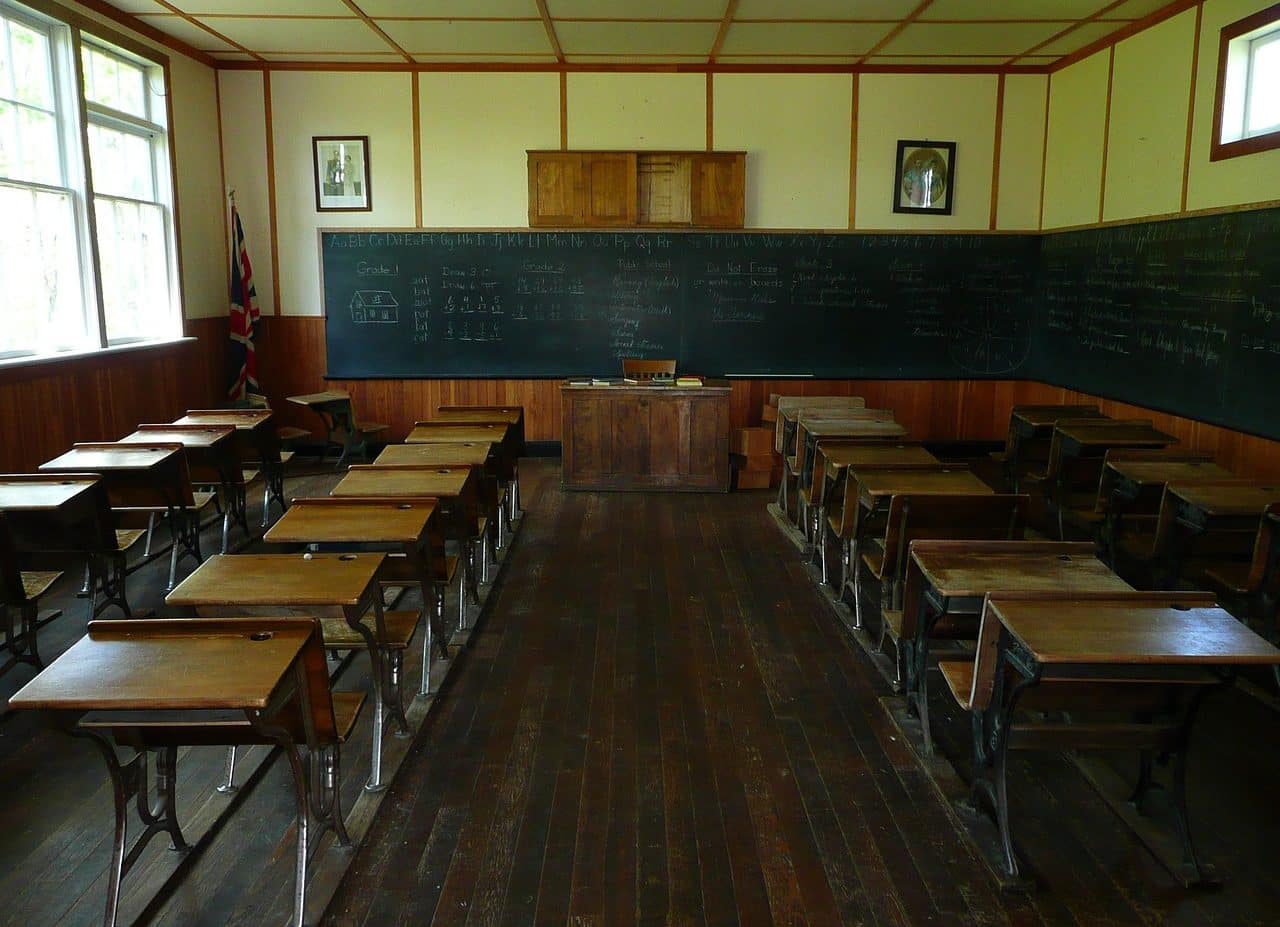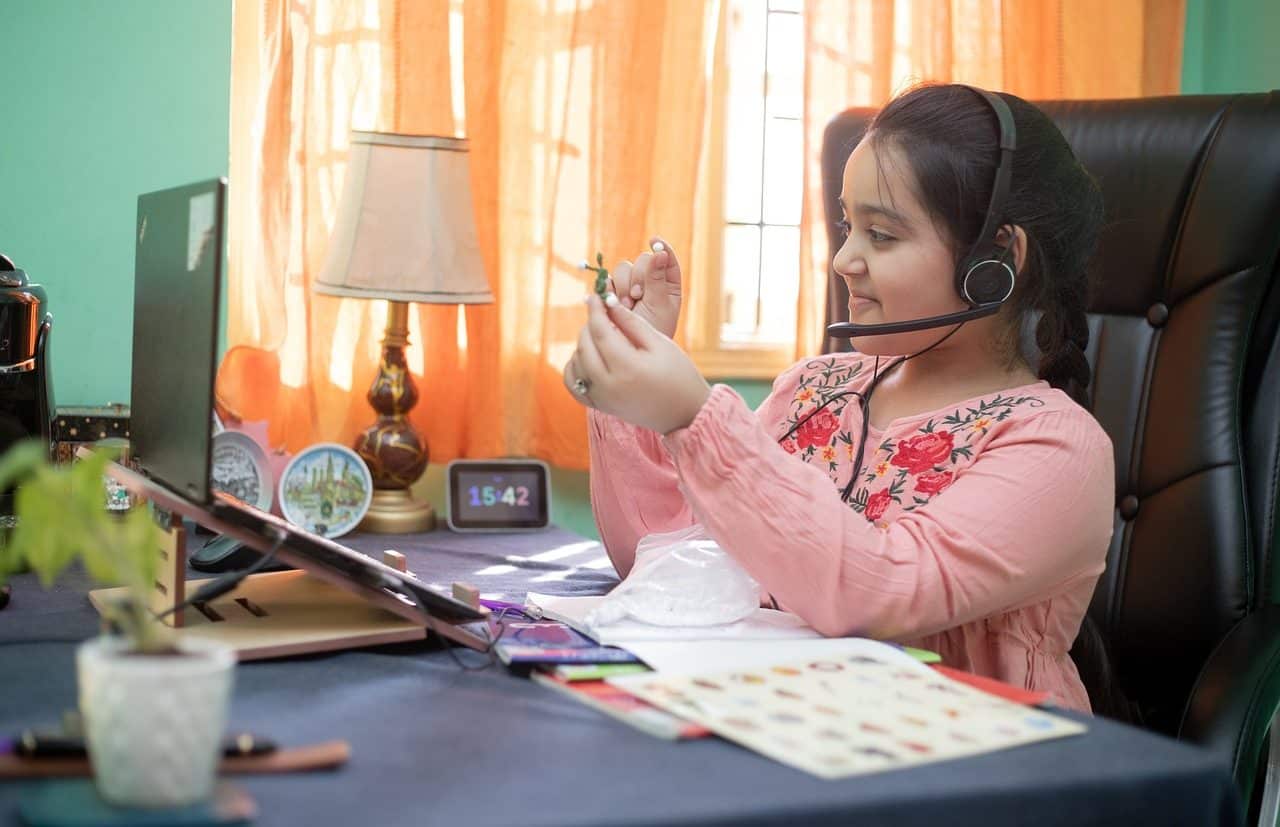
The UN Convention on the Rights of the Child registers the right to education of minors.
The right to education is the right that every person has to access the educational system . It is a human right and, as such, it is inalienable , irrevocable, inalienable and non-transferable.
It should be noted that the idea of law has several meanings. In this case we are interested in its meaning as the power that comes from the status of an individual or his links with others, allowing him to demand or carry out what the legislation establishes in his favor.
Education , meanwhile, is the instruction that a teacher or professor provides through his or her actions. The notion refers to teaching, training or training .
History of the right to education
The history of the right to education dates back to the 19th century . Only at that time did the State begin to recognize education as a service that should be provided for the benefit of the entire community.
Before the 16th century , children used to learn the trade from their parents as their main training , beyond the teaching of basic mathematics and literacy . Starting with the Protestant Reformation , the school began to adopt an evangelizing role, which reinforced its positioning since it sought to include children from all social classes.
Historians affirm that, with the Enlightenment , the State assumed the regulation of education, which came to be considered a public service.
The concept of the right to education, in this framework, emerged associated with the desire to achieve greater social homogeneity . By having all children attend a school run by the public power, it was possible to promote cultural and social cohesion through the curriculum.
To achieve this objective, making the primary level compulsory and free of charge were fundamental in educational policy. Today, as we already indicated, education is present in the Universal Declaration of Human Rights since it is considered to enhance the dignity of the person, grants him autonomy and allows him to develop fully.

A high school dropout rate reflects the violation of the right to education.
Teaching levels
It is important to mention that there are different levels of teaching. Typically, compulsory education is applied to primary education , where basic knowledge is taught to integrate into society.
Beyond this, the State must also promote access to secondary education and university education . For this, you can appeal to different strategies, aimed at both students and educational establishments, such as the granting of scholarships , grants and student loans .
It should be noted that there is public education (financed and managed directly by the State) and private education (managed by individuals, companies or non-state organizations, generally with a profit motive). In any case, the State is responsible for approving the study plans and making the degrees official.

Online teaching and distance learning can promote the right to education.
The scope of the right to education
The scope of the right to education must be universal . It must be taken into account that, in the face of mandatory attendance imposed on students at the primary level, the State has to provide the means for children to attend class.
On the one hand, it must develop the necessary school infrastructure so that each student can have their school day. This involves building schools throughout the territory and promoting teacher training to have enough teachers and professors. In this scheme, the means of transportation that allow teachers and students to reach the study centers cannot be left out.
Likewise, authorities have to consider special educational needs . So that there is no discrimination in education, every school-age minor must be able to attend school: special education, in this context, seeks to develop the potential of those who have some type of disability .
Adult education cannot be left aside either. The right to education is not limited to childhood education, but encompasses all human beings. An elderly person who at the time was not able to complete primary education must have at his disposal the possibility of resuming his studies.
The importance of quality
Currently, it is understood that the right to education transcends the obligation of schooling . The school is expected to help acquire 21st century skills , including digital literacy and bilingual education , for example.
The quality of teaching , in this sense, must be a priority. The incorporation of educational technology and electronic learning ( e-learning ) must be part of the educational system, which must also contribute to professional training.
The educational experience cannot be satisfactory, on the other hand, without taking care of mental health at school. Combating bullying and school violence in all its forms are essential actions so that no student is deprived of their right to education.
